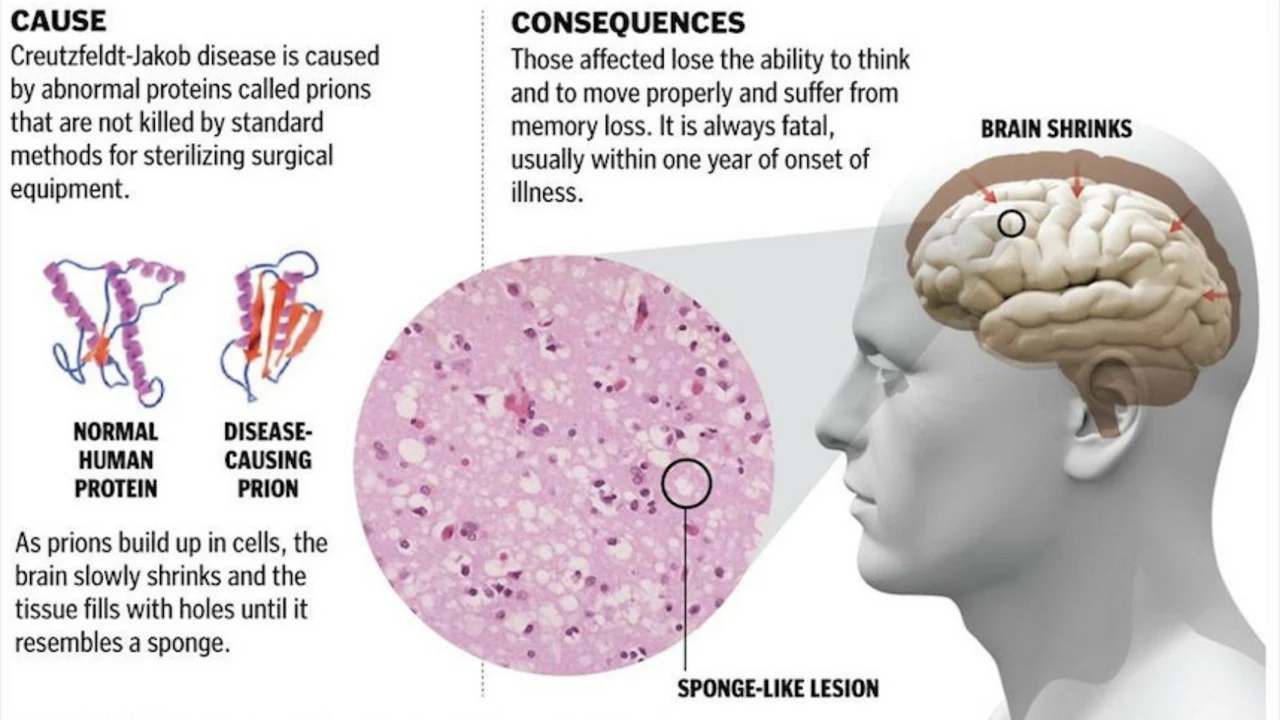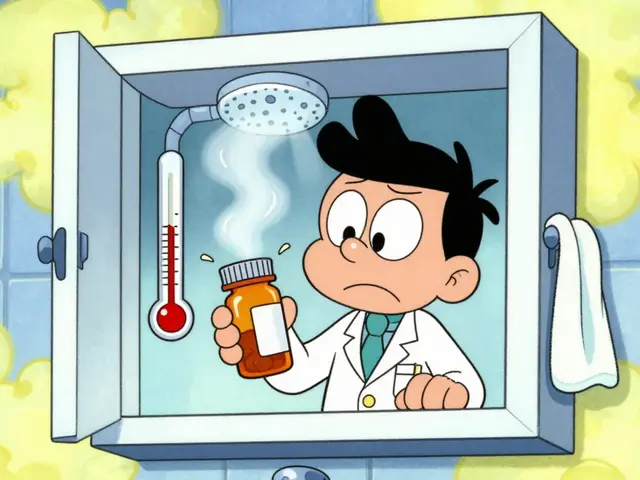Vortioxetine: What It Does and What to Expect
Vortioxetine (brand name Trintellix) is an antidepressant many doctors choose for major depressive disorder (MDD). It works a bit differently from classic SSRIs: it both modulates several serotonin receptors and blocks serotonin reuptake. That combination may help mood and some thinking problems that often come with depression.
How vortioxetine works and who might benefit
Vortioxetine targets multiple serotonin pathways rather than only boosting serotonin levels. Clinically, that can mean improvement in mood and in cognitive complaints—things like foggy thinking, poor concentration, or slowed processing that people with depression often report. It’s approved for adults with MDD. Doctors may also consider it when sexual side effects from other antidepressants are a concern, since several trials found a lower rate of sexual dysfunction compared with some SSRIs.
Not everyone responds the same. If you have a history of bipolar disorder, are pregnant, or have severe liver problems, discuss risks and options with your clinician before starting any antidepressant.
Starting, side effects, and practical tips
People usually notice some changes in the first 2–4 weeks, but meaningful mood improvement can take 6–8 weeks or longer. A common starting regimen is one pill once a day, but exact dosing is something your prescriber will set for you. Vortioxetine has a relatively long half-life, so missing a single dose is less likely to cause immediate withdrawal, but try to take it regularly.
Common side effects include nausea, constipation, and headaches. Nausea often fades after a week or two. Less common but important risks are serotonin syndrome (when combined with MAOIs or certain other meds), low sodium (especially in older adults), and mood changes including increased anxiety or suicidal thoughts in young adults. Always report new or worsening symptoms to your prescriber right away.
Interactions matter. Combining vortioxetine with MAOIs is unsafe. Also watch for drugs that strongly inhibit CYP2D6 or other liver enzymes—those can raise vortioxetine levels and may require dose adjustments. Tell your doctor about all medicines and supplements you take, especially herbal products like St. John’s wort, which can increase serotonin risk.
Stopping suddenly can cause withdrawal-like symptoms with many antidepressants. Ask your prescriber about tapering if you need to stop or change drugs. Pairing medication with therapy, regular sleep, activity, and routine follow-up gives the best chance of lasting benefit.
If you’re thinking about vortioxetine, have an open talk with your clinician: discuss past treatment history, side effects that matter to you, and how quickly you need relief. That way you both pick the safest, most effective plan for your situation.




